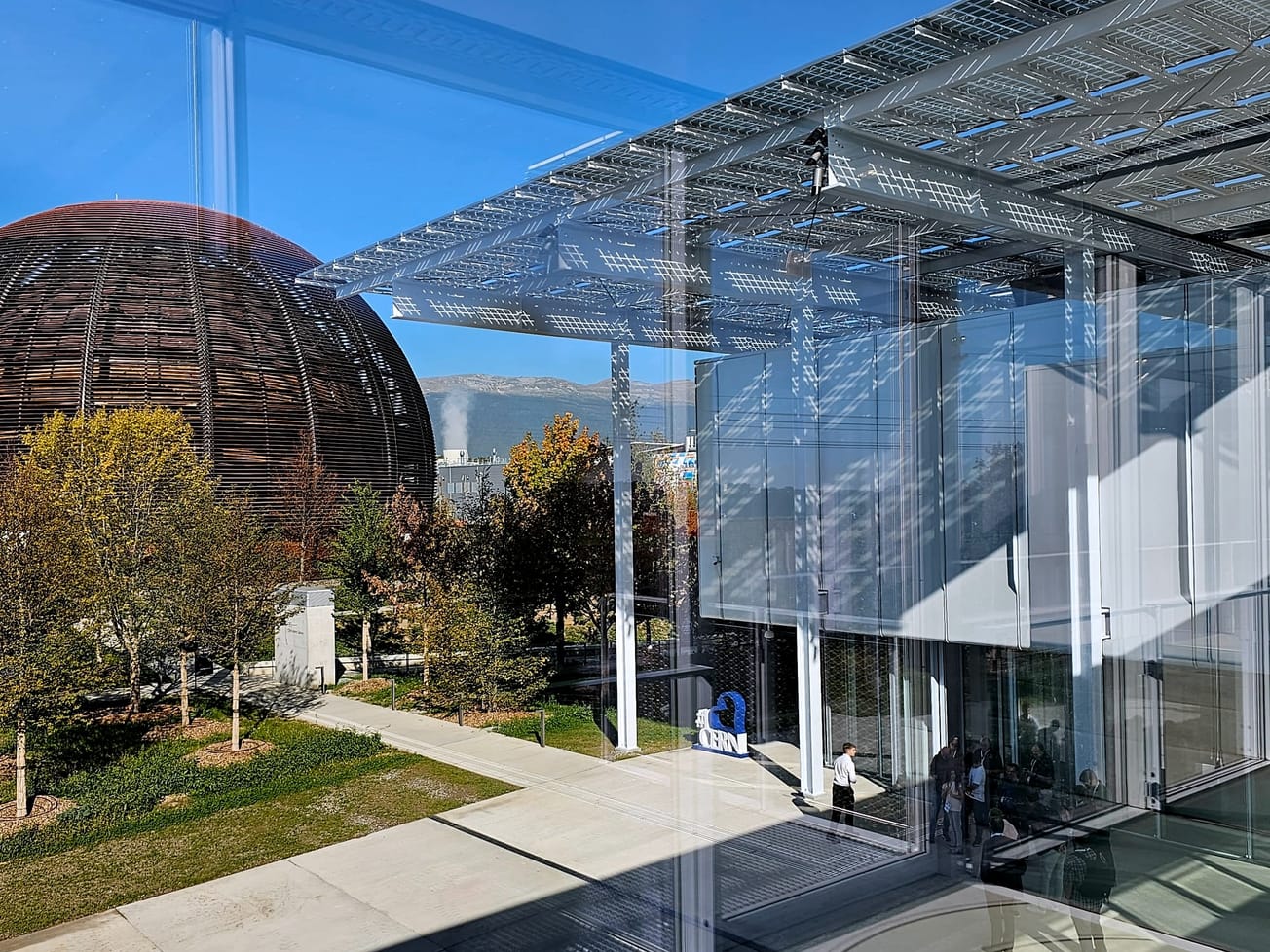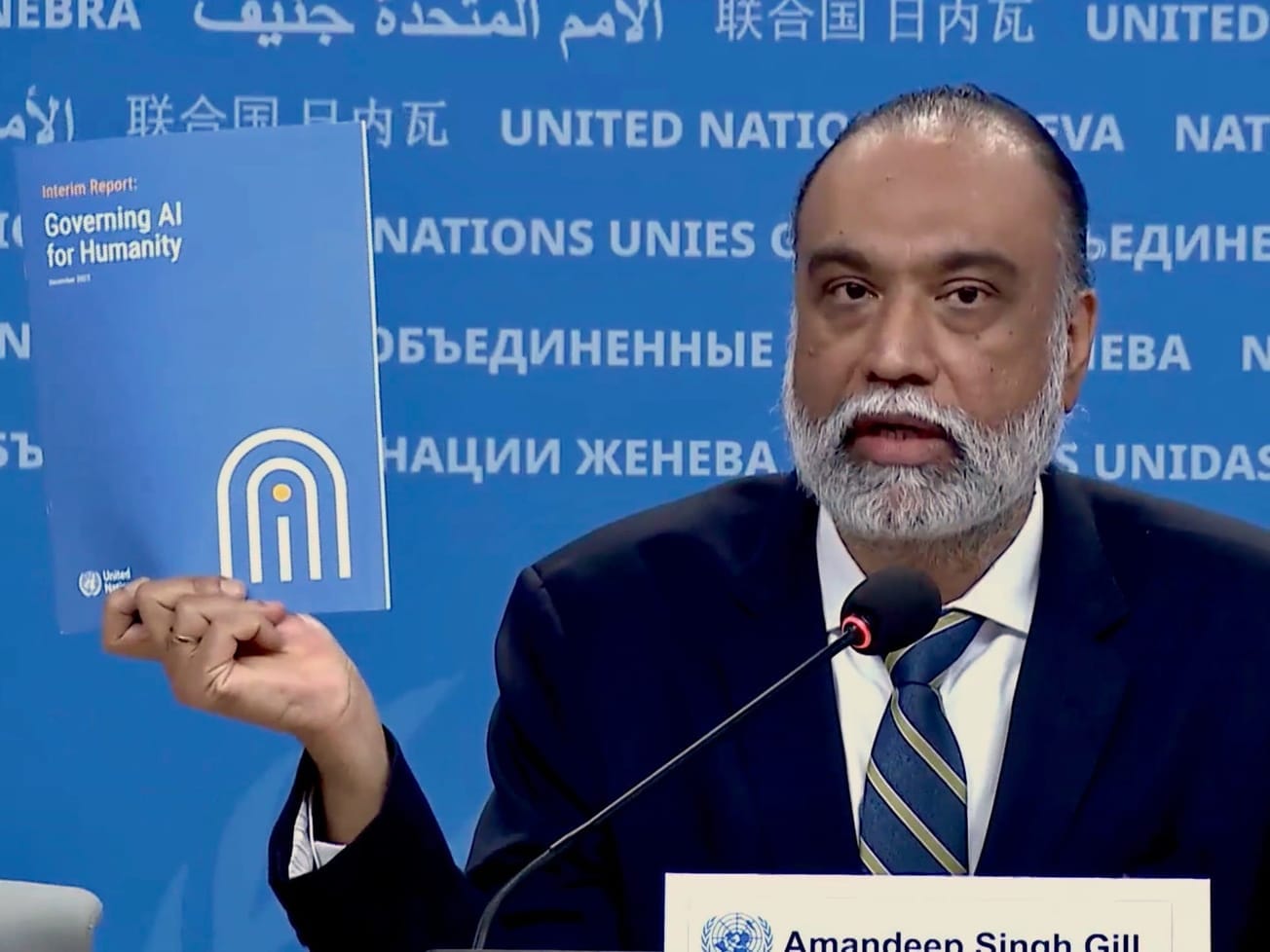GENEVA (AN) — A fledgling institute that will explore how to best use quantum computing for all of humanity had its operational launch at one of the world's largest and most respected centers for scientific research.
The Open Quantum Institute began its three-year pilot phase on Tuesday hosted by the European Organization for Nuclear Research, known as CERN. Its mission will be to broaden access and best use cases, not to develop the technology. Commercial quantum computers are expected to take another decade to develop.
The OQI will prioritize developing best use cases that could accelerate efforts to achieve the United Nations' 17 Sustainable Development Goals for 2030. CERN said the focus will be on SDGs-related use cases for quantum computing in fields like health, energy, climate action, clean water, and food security.
“CERN offers ideal conditions for the development of the OQI, and my hope is that this initiative will not only be a success, but also a model of what scientific diplomacy can do to promote concrete projects of benefit to humanity," said CERN's Director-General Fabiola Gianotti.
The new institute was proposed, designed and "incubated" by the Geneva Science and Diplomacy Anticipator Foundation, or GESDA, which said the journey began three years ago when it identified quantum computing as a technology "with great transformative capability requiring a science and diplomacy mobilization to ensure global access and benefits."
To that end, GESDA worked on the OQI with 180 experts globally and released an "intelligence report on the multilateral governance of quantum computing for the SDGs" featuring Alexandre Fasel, state secretary of the Swiss foreign ministry and Switzerland's special representative for science diplomacy in Geneva.
A 'perfect' alignment
CERN, home to the world's largest atom smasher, the Large Hadron Collider, agreed to host the pilot phase, and Switzerland's biggest bank UBS decided to provide financial suppport, officials announced last year. The Swiss foreign ministry and Geneva authorities also backed the project.
Gianotti said CERN would continue working with GESDA and other partners from academia, industry and government to ensure that quantum computing is "accessible to all, including underserved regions of the world."
GESDA Chairman Peter Brabeck-Letmathe called the OQI "a global platform for the application of solutions generated by quantum computers," mainly to accelerate the SDGs, which were approved by the U.N. General Assembly in 2015.
XPRIZE, Google and GESDA also announced on Tuesday the launch of a 3-year, US$5 million global competition to apply quantum computing to accelerate quantum applications that address the global challenges posed by the SDGs.
Brabeck said the new XPRIZE Quantum Applications competition – which grew from discussions between XPRIZE and GESDA before it received financial backing from GESDA – "aligns perfectly" with the OQI.









